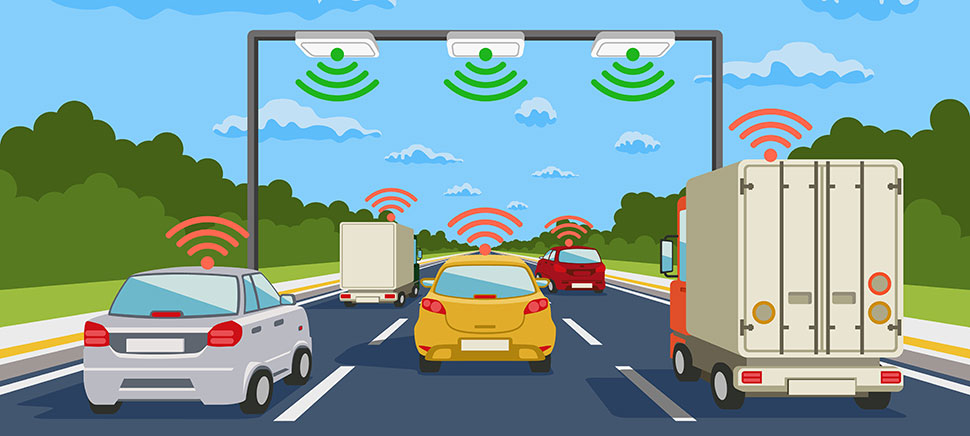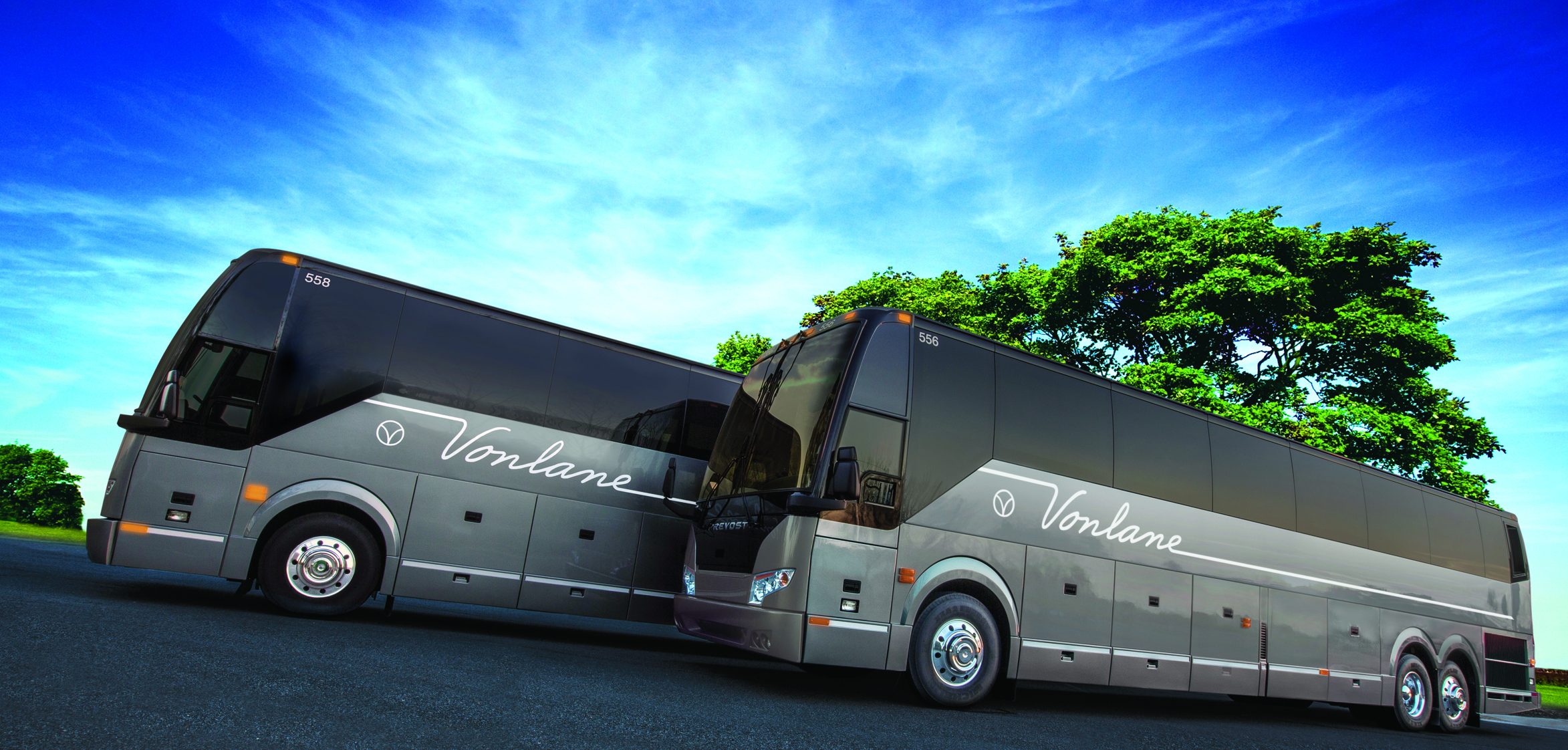MEETING FOCUSES ON THE FUTURE OF CONNECTED CAR TECH
North Texas has the potential to be a leading region in self-driving/connected vehicle technologies, said Chris Poe, lead for the Texas A&M Transportation Institute’s connected and automated transportation strategy.
Poe, who oversees the TTI’s involvement in about 40 connected/automated vehicle projects, was invited to speak at a recent Dallas Regional Chamber Transportation Policy Task Force meeting, to update members on where the region fits into the evolution of the new technology.
“No one at Kitty Hawk (North Carolina) could have imagined 787 Dreamliners,” said Martin Molloy, DRC’s Transportation Policy Task Force chairperson. “In surface transportation, we believe we are at a similar point of radical change.”
“Here in Texas, who will be the early adopters? Who will invest in infrastructure that will allow it?”
Chris Poe
A “connected” vehicle uses wireless communication to share information with other cars, traffic signals, and even satellites, helping to assure safer and more efficient traffic patterns. Automated vehicles, meanwhile, resemble the cars that companies such as Tesla are testing, using sensors to help prevent collisions, to read traffic signals, and to even allow a limited amount of auto-pilot operation.
Poe said that Interstate 30 is under consideration for a managed lane that would incorporate automated or connected vehicles, and that other cities in the region already have expressed interest in taking part in the technology as well.
“Here in Texas, who will be the early adopters?” Poe asked meeting attendees. “Who will invest in infrastructure that will allow it?”
Houston and Austin are also competing to serve as a testing ground for the new technology.
Texas’ less regulatory-intense environment makes the Lone Star State more conducive to companies who are exploring the possibilities of automated or connected commercial or passenger vehicles, Poe said.
Aside from Texas, Poe counts Florida, Virginia, New York, and Michigan as states on the cutting-edge of driverless/connected driving technology.
Poe said technology in connected and automated driving is progressing rapidly in both the public and private sectors. Cities and states need to weigh whether they want to take part in early participation in automated/connected transportation technology, since obsolescence is always possible when breakthroughs are made in the technology, he said.
Among the Dallas-based leaders in connected driving technology is AT&T, said Thomas Bamonte, program manager of automated vehicles at the North Central Texas Council of Governments.
“Detroit is very incremental. Silicon Valley is more like, release it, let the public break it, then they fix it.”
Chris Poe
Bamonte referred to a Gartner study that found by 2020, about 250 million vehicles will be connected via the cloud. Bamonte said the region can help improve traffic efficiency by encouraging the use of high and low speed automated vehicles, finding ways to share real-time data on highway conditions with travel navigation companies such as Google and automated vehicle manufacturers such as Tesla.
Poe said crashes of automated/connected vehicles aren’t slowing down the development of the technology.
“What you’ve got is Silicon Valley versus Detroit,” he said. “Detroit is very incremental. Silicon Valley is more like, release it, let the public break it, then they fix it.”
For a daily dose of what’s new and next in Dallas-Fort Worth innovation, subscribe to our Dallas Innovates e-newsletter.




























